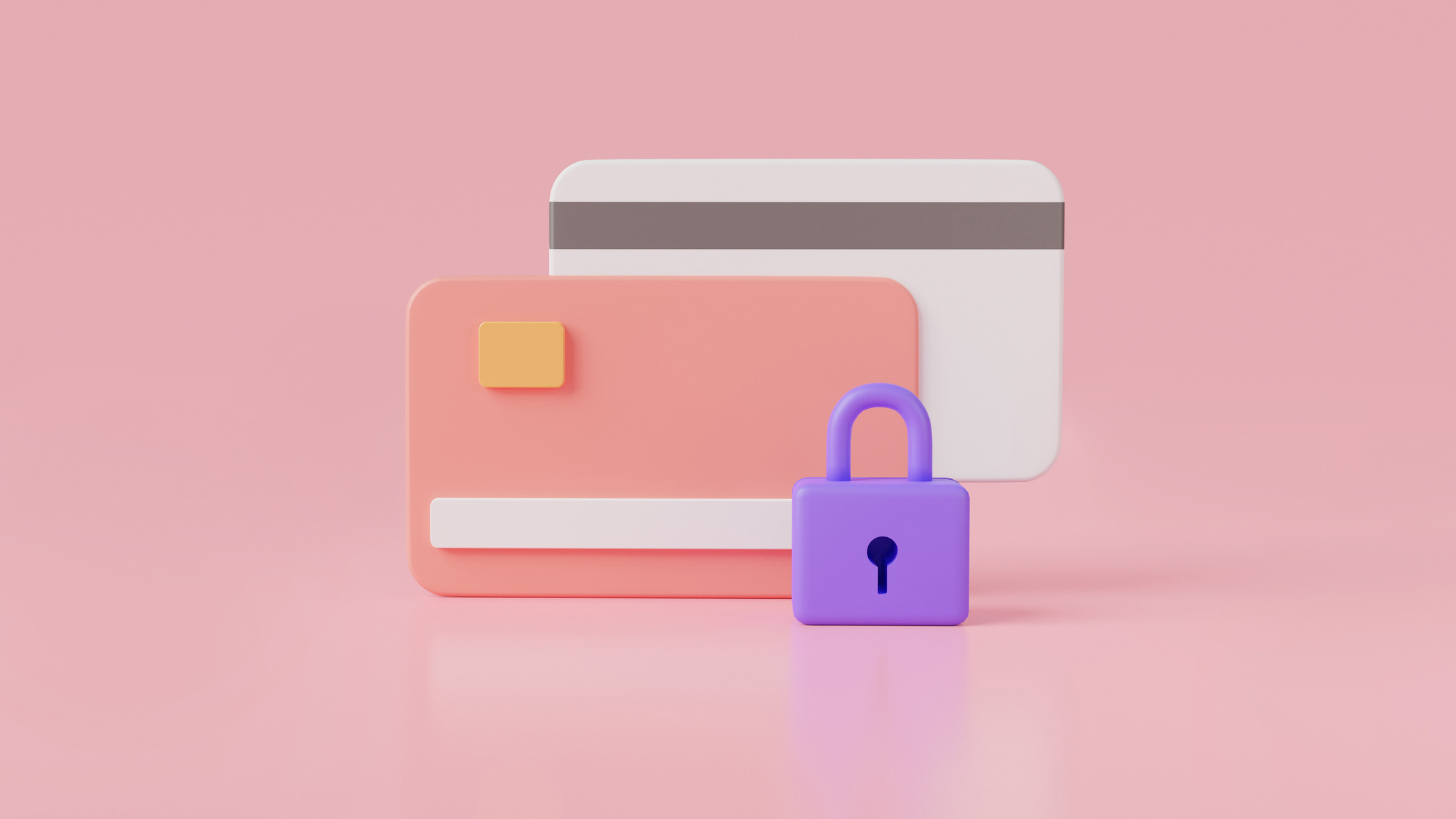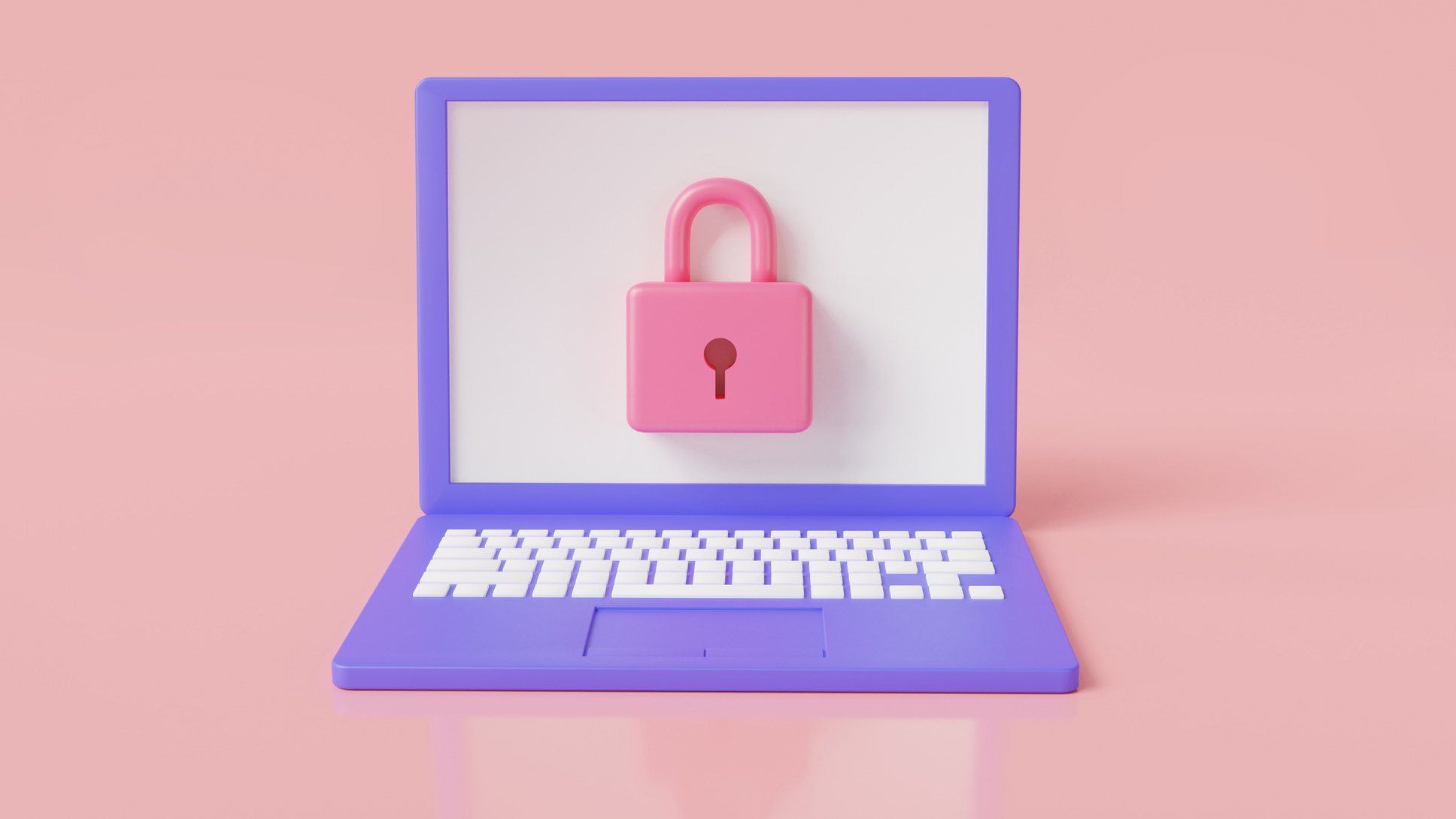How to pay for a VPN anonymously
Wondering if there's a low-key way to buy a VPN? You're in luck

Getting the best VPN is a go-to solution for anyone looking to escape prying eyes and invasive tracking. This leads us to an interesting paradox: the very act of buying a VPN – a tool designed to protect your privacy – often leaves behind a digital trail. So, how can you protect your privacy without compromising it in the process?
To their credit, top VPN providers generally stick to strict privacy policies and don't store payment information, and many have proven their claims in court. Yet, it's not hard to understand why some users who value ultimate discretion – think journalists, activists, or anyone living under strict regimes – feel traditional payment methods like credit/debit cards or bank transfers are just too traceable.
The good news is that many reputable VPNs offer ways to subscribe without leaving a digital trail. This allows you to get the service you want while staying under the radar from start to finish. In this guide, I'll explore the most anonymous payment methods available and provide tips to keep your VPN purchase as private and secure as your browsing.
1. Gift card
One way to secure your VPN purchase is to use a gift card. The biggest advantage of this payment method is its ease of access. You can find gift cards at almost any retail outlet, such as Walmart, Saturn, BestBuy, Amazon, or Target. What's more, no personal information is required to buy or use them, that is, if you use cash. Keep in mind that using a bank card can still compromise your anonymity – which makes sense as it's tied to personal information.
No personal information is required to buy or use a gift card
Once you have your card, the rest is straightforward: Visit the VPN provider's payment page and find the gift card option. Then, input the payment details and the value of the gift card will be credited toward your VPN subscription.
However, there are a few things to consider before choosing this funding option. First, not many VPN providers accept this type of payment. Currently, NordVPN is the only service that supports physical subscriptions (don't worry, it comes with instructions). Second, the value of the card might not match the exact cost of the subscription. This may leave you with unused funds or require an additional gift card.
In my opinion, gift cards are a great option for those who value both privacy and convenience. They offer a nice balance of both.
2. Cryptocurrency
Another way to get a secure VPN subscription is through cryptocurrency, which is often considered the gold standard for anonymous online payments. So, it's no surprise that many top providers accept it. Bitcoin, Ethereum, USDT, and privacy-focused coins like Monero are among the most popular choices for users seeking maximum discretion.
When using cryptocurrency to pay for a VPN, you’ll typically send the payment from your crypto wallet directly to the provider’s wallet address. You can do that manually by typing in the wallet address or scanning a QR code.
Cryptocurrencies are decentralized, meaning they don't involve intermediaries, so your transactions remain private. However, this privacy may depend on the type of wallet you choose. For example, custodial wallets, like those you receive from centralized exchanges, require KYC. This means there's a slight chance someone traces your identity, as you need to leave your details as well as a few documents when registering. For this reason, I recommend using non-custodial, cold wallets, which aren't connected to the internet and require no KYC, to maximize anonymity.
While cryptocurrency has a steeper learning curve and requires technical know-how, such as setting up a wallet and securing funds, it's arguably the most convenient payment method for privacy-conscious users. Crypto wallets, especially non-custodial ones, ensure that neither the VPN provider nor any third parties can easily track your cryptocurrency wallet address back to your identity.
3. Prepaid debit card
Prepaid debit cards offer another layer of anonymity when purchasing a VPN. Like gift cards, prepaid Mastercard or Visa cards are also available at most retailers, and you can buy them in person with cash, meaning no personal details are tied to the transaction.
Using a prepaid card is simple. Just load the card with the desired amount of money and use it as a regular Mastercard/Visa debit or credit card during checkout. You don't even need to use your name or email address. Simply create alternative ones.
The biggest benefit of prepaid cards is their simplicity
In my opinion, the biggest benefit of prepaid cards is their simplicity. You don't have to deal with complex systems like cryptocurrency or depend on third-party services. It works like any other online purchase. More importantly, most VPN providers accept prepaid cards, making this option widely accessible.
However, there are some limitations worth mentioning. Prepaid cards often come with fees, which can add up, depending on the card provider. Also, some cards may not work for international transactions, so I recommend reading the fine print before purchasing one.
Other than that, I find prepaid cards a great choice for anyone who wants anonymity when purchasing a VPN without the hassle of learning new payment systems.
4. Cash
While not the most convenient, cash is the ultimate anonymous payment method for users who want to avoid any digital trace altogether.
There are a couple of ways you can fund your VPN subscription using this method. Some VPNs let you generate a unique code that you need to mail directly to the VPN provider with your payment. The main advantage here, obviously, is absolute privacy – there’s no digital trail, no credit card number, and no linked account.
However, it comes with downsides, such as slower processing times and potential risks of someone intercepting your mail and, well, there's no better way to put this – stealing your money.
There are less risky ways to purchase a VPN with cash. Some VPN services offer physical products such as a disk that contains the software to install the VPN, along with instructions on how to set it up. Others can come in a box with a pre-configured USB device that activates the service once plugged into a computer, though these are sporadic cases.
Finally, it's also worth mentioning that cash isn't the most widespread funding option, with only a few providers accepting this type of payment, including Proton VPN and Mullvad.

The benefits of paying for a VPN anonymously
When it comes to protecting your online privacy, how you pay for a VPN matters almost as much as how you use one. Traditional payment methods, be it a credit/debit card, bank transfer, or PayPal, require you to share personal information, which might create a digital trail that can be linked to your activities.
Anonymous payment options offer discretion that conventional methods simply can not match. But the benefits of such anonimity aren’t just for journalists, activists, or individuals in high-risk situations; they extend to everyday users as well.
While paying for a VPN anonymously might seem unconventional and requires a few extra steps to complete, it offers several compelling advantages:
- Shoring up security – Unlike conventional payment gateways, anonymous funding methods do not require sharing personal information or official documents (ID, driver's license, or passport). This ensures that your personal data remains out of reach for bad actors.
- Reducing the risk of data breaches – If a service provider suffers a data breach, your personal information could be exposed. Anonymous payment methods ensure no sensitive details are tied to your VPN account, keeping your privacy intact.
- Activism – As scary as it sounds, for individuals in sensitive roles like whistleblowers, journalists, or victims of abuse, maintaining privacy can be a matter of safety or even survival. Anonymous payment methods ensure these individuals can securely access VPN services and carry out their work without constantly looking over their shoulders.
- Combatting censorship – In countries with strict internet censorship, where VPNs are banned or watched closely, anonymous payments can be a lifeline. Take China, for instance – purchasing a VPN anonymously can help users avoid government scrutiny and access the open internet without their transactions being flagged or traced. This makes it possible to obtain the best VPN for China without raising suspicion.
You must confirm your public display name before commenting
Please logout and then login again, you will then be prompted to enter your display name.